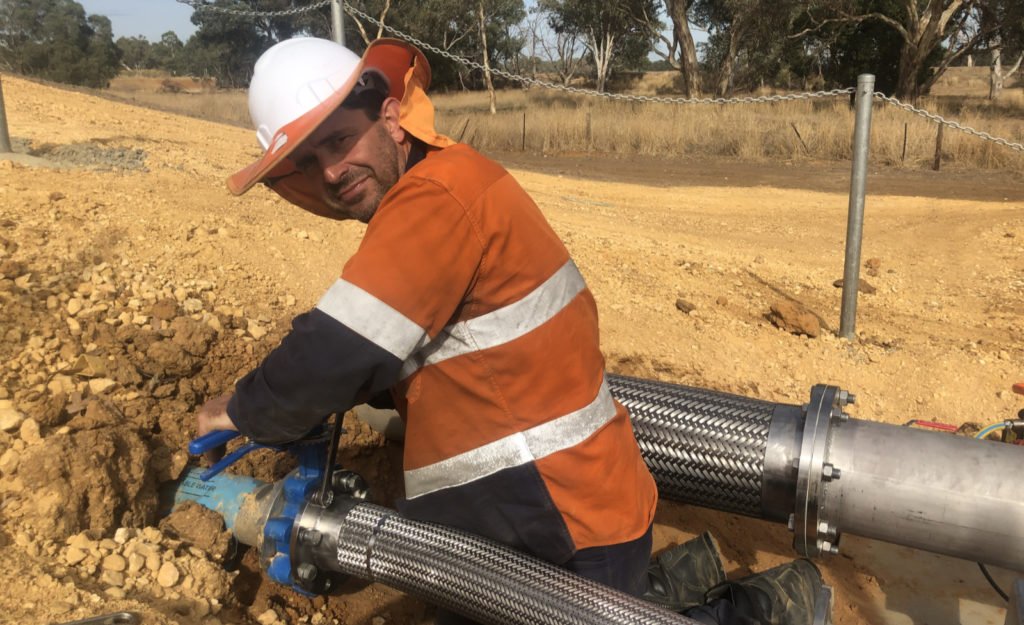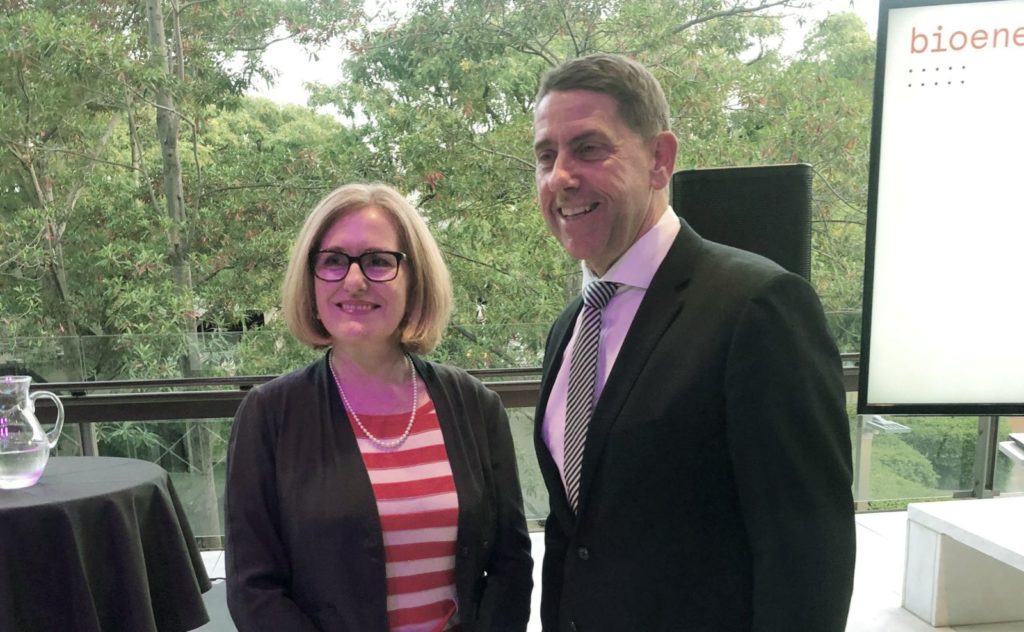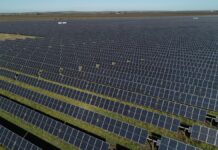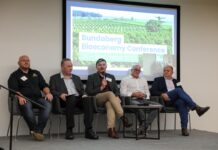
A bioenergy plant and electric vehicle charging station will be established in Bundaberg with potential to power Council’s waste-recovery trucks.
Energy360 has received a State Government grant of $363,500 to develop the project, which will employ five people during construction of a 75-100kW plant and one person full-time afterwards.
Mayor Jack Dempsey welcomed the announcement as a catalyst for more bioenergy projects in the region.
“This is an exciting project which could pave the way for the Bundaberg Region to capitalise on this growing industry,” Mayor Dempsey said.
“We know 25 per cent of Australia’s agricultural produce is wasted, and with our expansive agricultural interests this region is certainly a logical choice to base waste to energy projects.
“Not only will this value-add to one of our most prominent industries through diversification, it will also boost employment and economic activity.”
Mayor Dempsey said Council was actively exploring different forms of renewable and clean energy.
“Council has a vision to become a leading Australian bioenergy hub with the potential purchase a number of electrical waste recovery trucks helping to deliver this vision through clean energy powering our rubbish collection,” he said.
“This project dovetails perfectly with that goal.
“As part of our support for biofutures and our commitment to sourcing clean energy, Council may also look to purchase some of the energy produced under this project in to the future.”

Energy360 chief executive Samantha Lamond said the company was delighted to be awarded the grant.
“The selected project will use proven European designed, commercial scale bioenergy technology to create value from the horticultural waste using ‘anaerobic digestion’ – the breakdown of organic waste without oxygen,” she said.
“The outputs will power an EV charging station to support the Council’s vision for electric vehicle (EV) waste recovery trucks and Queensland’s EV strategy.
“New high-value and knowledge-intensive jobs, skills and training opportunities in bioenergy and resource recovery will also be created.”
Ms Lamond said commercial markets for bioenergy outputs – renewable energy in the form of electricity and bioproducts – are growing.
“EV infrastructure is an example that can use this renewable energy, with Infrastructure Australia recently calling for the expansion of the EV charging network as a high priority,” she said.
“Bioproducts from the process include biofertiliser which contains significant levels of nitrogen and phosphorous.
“This product can be spread on agricultural land as organic fertiliser and supports the new requirements to reduce the use of synthetic fertilisers in the regions close to the Great Barrier Reef.”
Energy360 has undertaken engineering design and project management for waste gas handling equipment for more than 50 Australian bioenergy projects.
State Development Minister Cameron Dick announced $1.9 million in six bioenergy grants during Bio Innovation Week.
“Queensland is leading the way when it comes to turning waste streams into high-value bioproducts with environmental benefits,” Mr Dick said.
“These projects will create biogas, syngas and fertiliser replacements, and energy to run industrial plants and charge electric vehicles, but most importantly they’ll create more jobs for Queenslanders.”
- Earlier: Bioenergy potential identified in Bundaberg Region








Great news will the charging station be available for public use?
Great to hear such innovations in renewable energy production for the area.
Comments are closed.